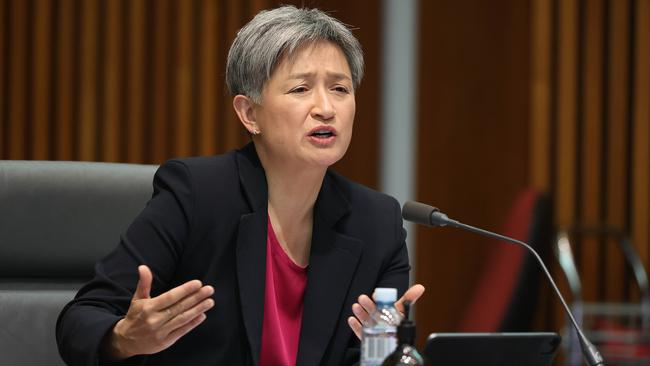
With pandemic-driven debt and deficit stretching as far as the eye can see, economic management is no longer a sure-fire winner for the Coalition.
But with Labor largely taking the French side against Australia on submarines and this week suggesting our difficulties with China were largely the government’s fault, the circumstances exist for one of our rare khaki election campaigns.
A fortnight back, former prime minister Paul Keating, who has served as a longtime adviser to a Chinese bank, declared that Taiwan (a fellow democracy of almost 24 million people) was not a vital security interest of ours, and criticised both sides of politics for being too close to the US.
A few days later, Defence Minister Peter Dutton was quoted in this newspaper as saying it was “inconceivable” that Australia would stand aside from any American bid to help resist a Chinese invasion.
These interventions seem to have stung opposition foreign affairs spokeswoman Penny Wong to fire back at Dutton with the declaration that “amping up the prospect of war against a superpower is the most dangerous election tactic in Australian history”.
Wong is right on just one thing: that war with China would be catastrophic for the whole world. But a country no more avoids war by refusing to consider it than an ostrich avoids predators by sticking its head in the sand; and never more so than when a strongman leader is in charge.
China has declared repeatedly that it is determined to be the world’s No.1 power by 2049, the centenary of the communist takeover, and its intention to take Taiwan by force if necessary, even though Taiwan has never been under communist rule and hasn’t really been ruled from Beijing since 1895. To that end, China has embarked on the biggest military build-up in history. It already has the world’s largest navy in terms of ship numbers and it has the missiles to make the Western Pacific extremely dangerous for US sea power.
Of course, China would prefer to gain Taiwan without a fight and would prefer that the US simply surrendered its alliances in East Asia. But it is only by preparing armed forces with the capability to seize Taiwan and to defeat the US that it can hope to achieve its objectives peacefully, and now that these armed forces exist only a fool would assume they’d never be used.
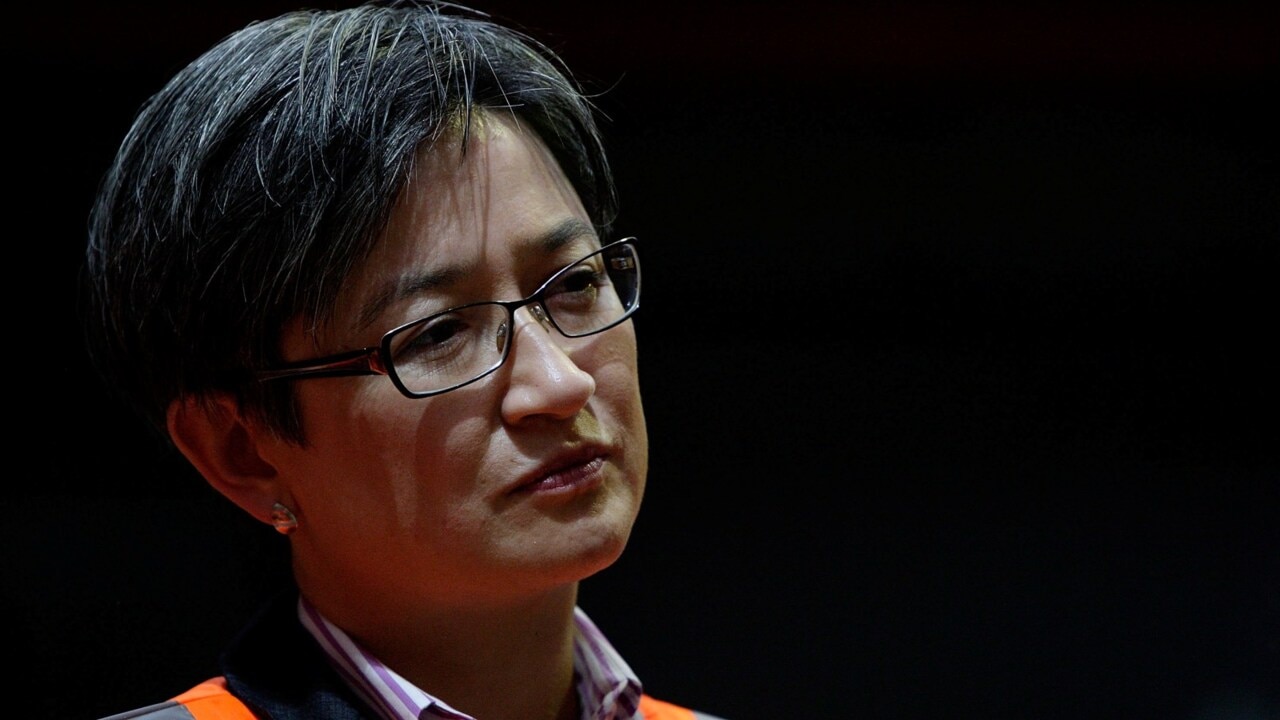
The best way to ensure the unthinkable remains unlikely is to let the Chinese know that any attack on Taiwan would have incalculable costs. If the Chinese ever thought no one would come to Taiwan’s aid, the chances of an armed assault would increase immeasurably.
Not only would a successful attack on Taiwan extinguish an Australia-sized democracy but it also would gravely imperil the security of Japan and South Korea, and most likely lead to history’s largest arms race as the countries of our region sought to make themselves impregnable in the absence of an American security guarantee that could no longer be relied on. An Indo-Pacific dominated by China would be less prosperous, less safe and less free as market economics and democratic pluralism retreated in the face of Chinese power.
This is why US President Joe Biden has said twice recently that America would defend Taiwan against Chinese attack; and why even US government officials wary about upgrading their longstanding policy of “strategic ambiguity” stress that America’s commitment to Taiwan is “rock solid”.
If it were right for Biden to raise the stakes by threatening war if China attacked Taiwan, how could it possibly be wrong for Dutton to add a statement of Australian support, given the ANZUS Treaty commits us to “act to meet the common danger” in the event of an attack on US forces.
Japan has gone even further than the US and Australia with a recent statement from the deputy prime minister that a Chinese attack on Taiwan would be an “existential” threat to his own country, thus justifying the deployment of Japan’s armed forces in Taiwan’s aid.
Labor wouldn’t dream of declaring that the leaders of the US and Japan were somehow warmongering in teasing out the possible consequences of Chinese aggression. Therefore, it can hardly be objectionable for our government to do much the same thing, especially as our objective in raising the stakes is the same as theirs: to cause even an adventurous Chinese leadership to count the cost of war and desist from it.
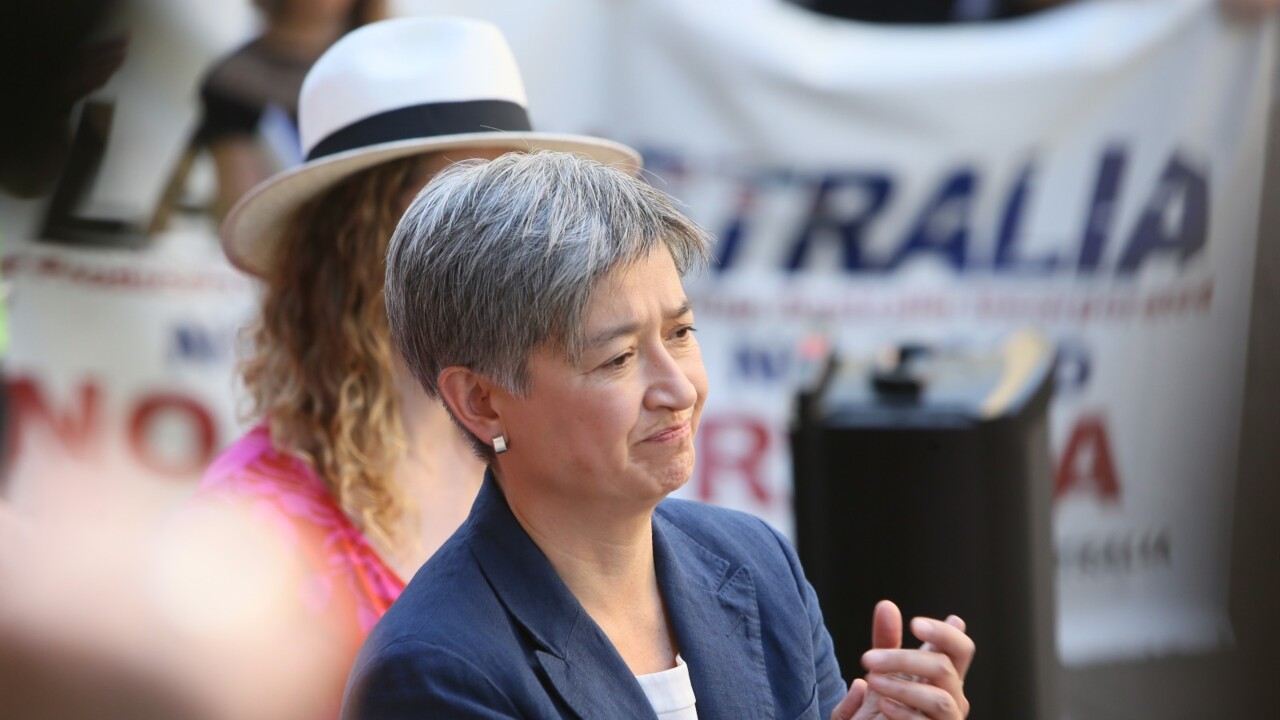
Far from ensuring peace, telling China that you won’t fight for your friends just makes war more likely. Telling the world that nothing is worth a fight you might not win – not democracy, not freedom, not fundamental human rights – by lowering the potential cost of aggression is likely to embolden potential aggressors, not dissuade them.
There are lots of things Australia and its allies might do, short of actually going to war with a superpower, that might make that dreadful prospect recede.
First, there could be a global resolution not to buy the products of companies that take advantage of the slave labour of interned Uighurs in western China.
Second, there could be Magnitsky-style sanctions (such as freezing Western assets) against the Chinese leadership for its effective abrogation of the “one country, two systems” treaty on Hong Kong.
Third, there could be planning for a complete economic rupture with China should it further escalate its coercion of Taiwan.
Obviously there would be a considerable economic cost to Australia should iron ore sales to an even more aggressive China cease. But China would have more to lose than us. We would risk dividends and tax revenue. But the seemingly impregnable edifice of Communist Party rule might start to teeter if the regime largely lost its ability to deliver on its unfair bargain with its people: to have much more wealth in return for no more freedom.
If Wong had wanted to make a constructive contribution to avoiding a potential apocalypse, she could have explored ways – between surrender on the one hand and armed resistance on the other – for dealing with a much more assertive China.
The fact one of Labor’s smartest and most experienced operators chose to weaponise our difficulties with China for domestic political purposes suggests the opposition is still way short of being a responsible alternative government. And that the dead hand of Keating will likely weigh heavily on any Albanese government.


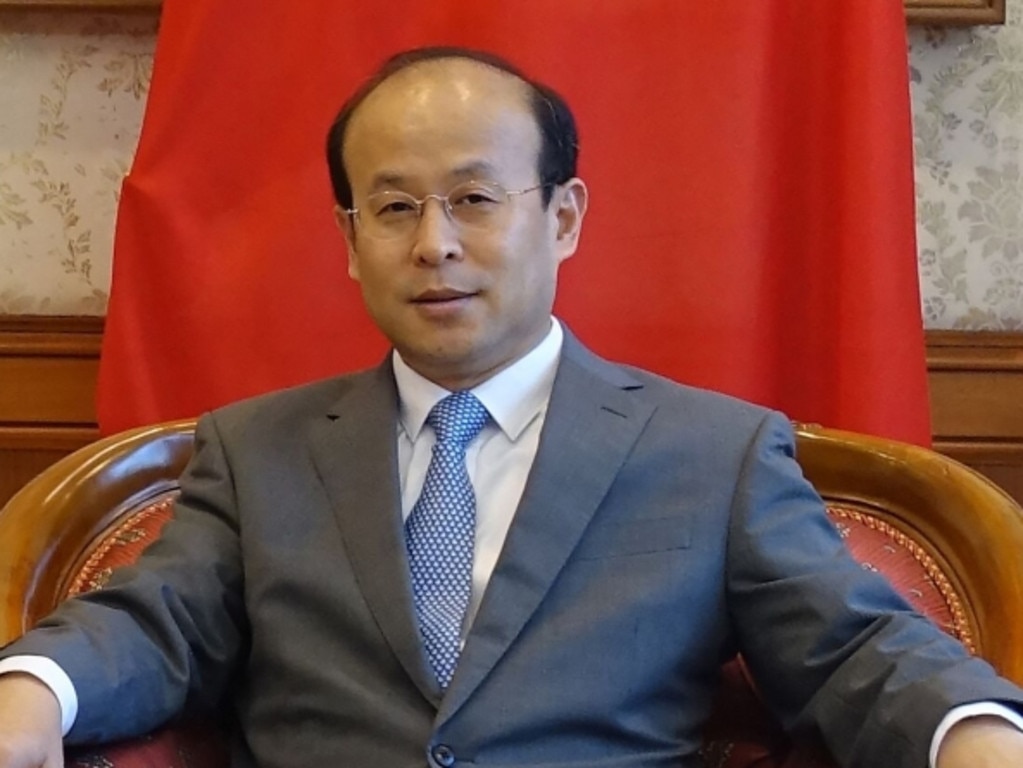
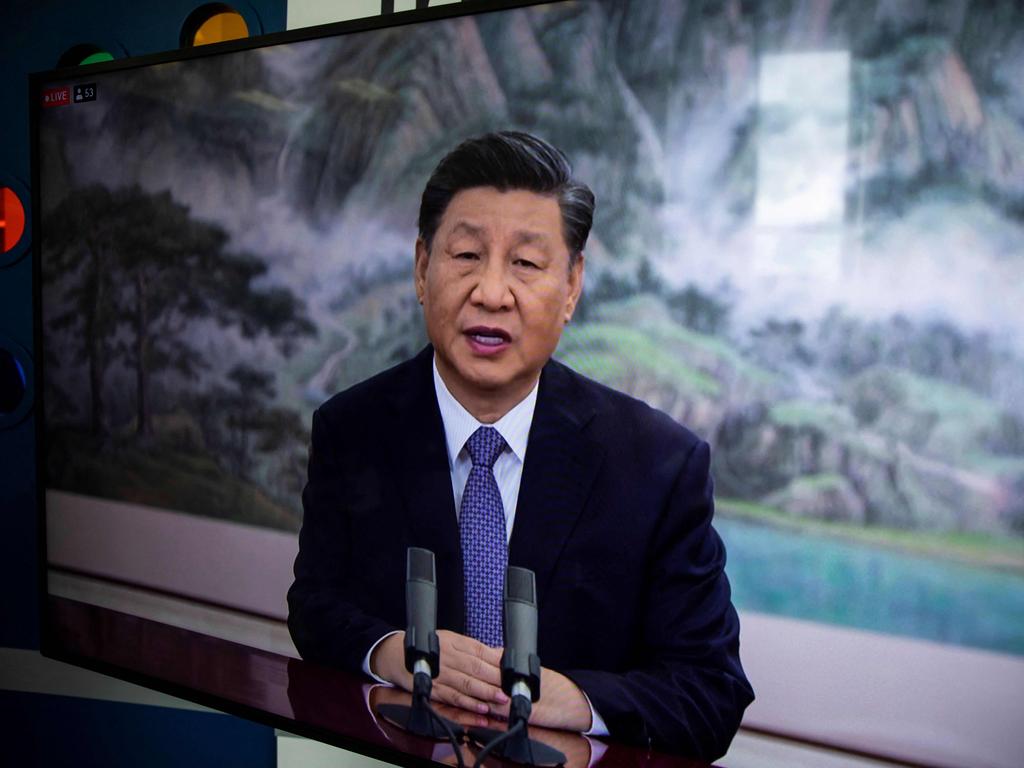

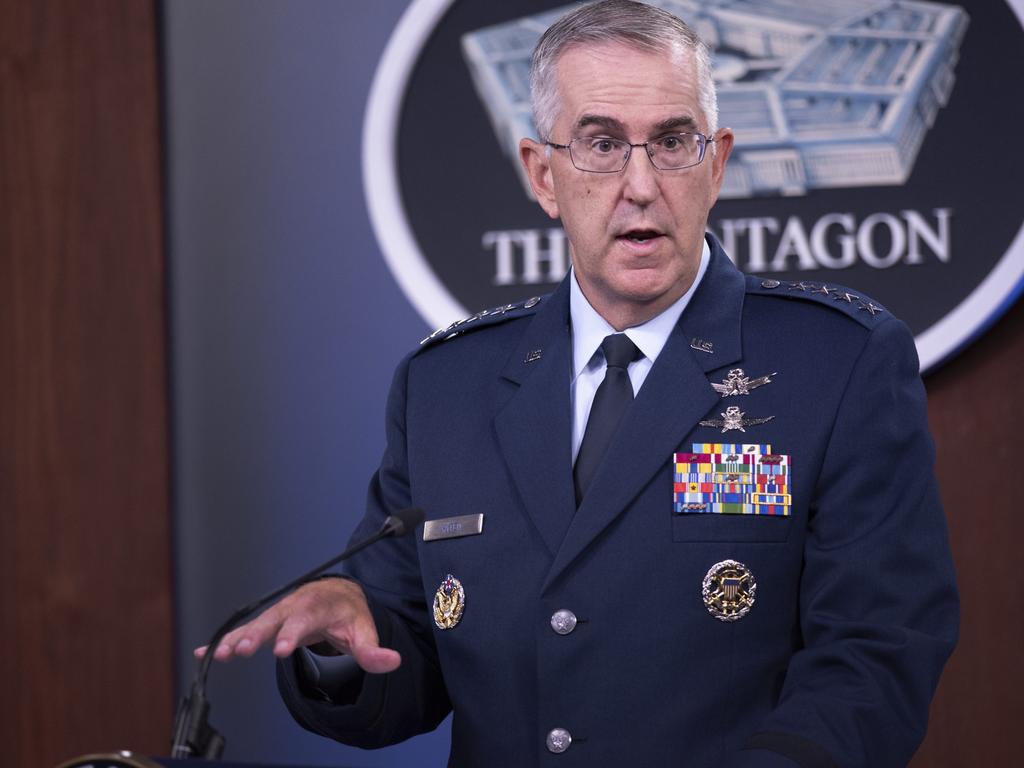


The two most consistent themes in Coalition electioneering are that Labor can’t be trusted on the economy and can’t be trusted on national security.